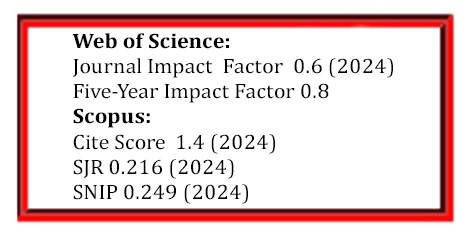The Effect of WC/C Coating on the Wear of Bevel Gears Used in Coal Mines
DOI:
https://doi.org/10.5755/j01.ms.21.3.7263Keywords:
Spiral bevel gea, thin coating, wear, friction, vibrationsAbstract
There are many problems in the operation of spiral bevel gears; for example, difficult lubrication conditions lead to excessively high oil temperature and the risk of severe wear. Thus, the aim of this work was to check whether, by the deposition of a thin, hard, low-friction coating on the teeth flanks of spiral bevel gears, it is possible to improve the resistance to wear, reduce friction and possibly the gear vibrations.
The tribological experiments were carried out in two phases. In the first phase, a bevel gear test rig was used (laboratory testing). In the second phase, a verification test was performed using an industrial gear stand (chain conveyor) working under conditions typical of coal mines. The low-friction WC/C coating was tested. The coating was deposited on the teeth of the wheels. For reference, the uncoated pairs of spiral bevel gears were tested. In the laboratory testing, a commercial, mineral automotive gear oil of the API GL-5 performance level and 80W-90 viscosity grade was used for lubrication. For lubrication of the industrial gears, a mineral base oil of the low, VG32 viscosity grade was chosen.
The results obtained show that, by the deposition of the low-friction WC/C coating on the teeth of the wheel, the following beneficial effects can be achieved in comparison with the case of the uncoated gears: a rise in the resistance to the two forms of severe wear (scuffing and pitting), and a drop in the oil temperature (lower friction). The above effects are accompanied at the first stages of the tests by an undesired, higher level of vibrations in case of the steel-WC/C material combination. However, throughout the test, the vibrations for the two material combinations became similar. Thus, the WC/C coating can be applied to increase the wear resistance and decrease the oil temperature in the transmissions containing spiral bevel gears in, e.g., chain conveyors installed in coal mines.
Downloads
Published
Issue
Section
License
The copyrights for articles in this journal are retained by the author(s), with first publication rights granted to the journal. By virtue of their appearance in this open-access journal, articles are free to use with proper attribution in educational and other non-commercial settings.



